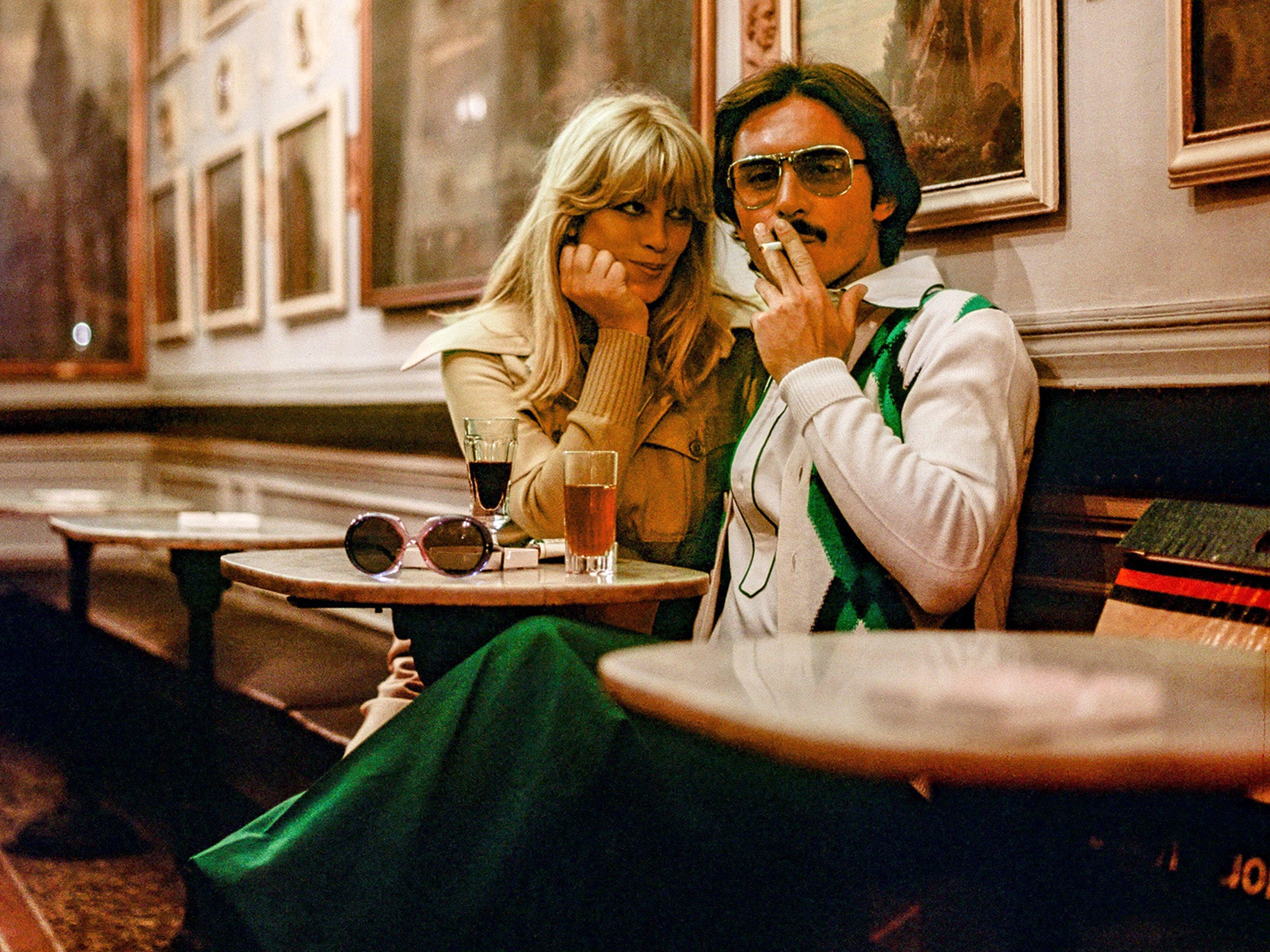‘Smoke-free’ society? How about letting adults make their own choices?
What might we see next – a ‘free from alcohol’ society? How about a ‘free from tea’ society?


Your support helps us to tell the story
From reproductive rights to climate change to Big Tech, The Independent is on the ground when the story is developing. Whether it's investigating the financials of Elon Musk's pro-Trump PAC or producing our latest documentary, 'The A Word', which shines a light on the American women fighting for reproductive rights, we know how important it is to parse out the facts from the messaging.
At such a critical moment in US history, we need reporters on the ground. Your donation allows us to keep sending journalists to speak to both sides of the story.
The Independent is trusted by Americans across the entire political spectrum. And unlike many other quality news outlets, we choose not to lock Americans out of our reporting and analysis with paywalls. We believe quality journalism should be available to everyone, paid for by those who can afford it.
Your support makes all the difference.At the tender age of 12, while in my school uniform, I was able to buy cigarettes. Then, the legal age to buy tobacco products was 16, but I was already nearing 6ft and looked much older than I was.
At the time, it felt great to pass as a 16-year-old and to buy them. Looking back now, it’s terrible, of course. I shouldn’t have been able to so easily access tobacco products – even if had actually been the legal age.
In a bid to crack down on younger people smoking, the government has now published a review recommending raising the legal age from 18 incrementally – meaning it would go up every single year until no-one in the country can buy it. But while I agree with the idea in principle, I do not agree with Dr Javed Khan‘s proposal of a "smoke-free society being the norm".
Adults have the right to be able to choose. Around 5.5 millon people in the UK class themselves as smokers, and I’m sure there are many more who casually smoke and don’t say so on any official forms.
To me, a smoke-free society not only seems unlikely to ever happen, but it feels like it errs on the side of 1920’s prohibition America. Smoke, don’t smoke – it’s a personal choice. Our government should not be able to take that away from us.
If we start there, then what might we see next – a “free from alcohol” society? How about a “free from tea” society? Heaven forbid, us Brits couldn’t take losing our dependency on that!
And if there was something approaching an all-out ban, it seems to me that all it would do is push cigarettes on to the black market; a move that doesn’t only affect consumers, but would be far worse for the government, too. It would lose the £10.27bn tax earned on these products in 2021-April 2022, according to Statista, which was up from £9.9bn the previous year. Tax on tobacco currently sits at 16.5 per cent, and although it’s less than the tax paid on clothes, it’s still a fair amount. It’s usually a sure bet it will rise again in each of the chancellor’s budgets.
In the review, Khan also suggests the government should make £125m available a year for smoke-free 2030 policies, and an additional £70m for “stop smoking” services. If the government can’t do this, then Khan says the "polluter should pay".
But I would argue that this argument itself is a tiresome one – the onus should not be on the consumer to make big changes. Consumers will buy what is available and they should not be taxed up to the suggested 30 per cent more. Considering the current cost of living crisis, this feels tone deaf and completely the wrong approach.
Instead of pricing people out, money should be spent on preventative healthcare such as helping people quit (or not starting in the first place) which would be cheaper than the current £2.5bn a year the NHS says smoking costs.
I’m also surprised that another recommendation is to actually "embrace" the use of vaping. Surely this could risk making access to smoking tobacco easier for young people, and could even glamourise it or seem to lessen the severity of it? In my experience, people vape more than they would have smoked anyway. So why would this be a good alternative? You’re still inhaling a chemical into your lungs.
To keep up to speed with all the latest opinions and comment sign up to our free weekly Voices Dispatches newsletter by clicking here
People should not be encouraged to swap to a replacement that they’d likely use more. Restrictions such as changing the packaging to include quite terrifying images no doubt puts some people off, and keeping all smoking paraphernalia behind shutters at supermarkets are likely helpful, but these are not powerful enough on their own. Cancer charities also say they don’t know the full extent of the health issues vaping may cause, and say people who have never smoked shouldn’t use them.
The age restriction on buying tobacco could be raised to 21 or 25. We have the "do you look under 25" rule requiring you to show ID if you’re buying alcohol, which is annoying when you don’t have your licence on you and are refused trying to buy a pack of four beers. Raising the age substantially, but not banning it totally, could help much younger people lose interest in wanting to smoke. The older they get, the more they realise it’s a habit not really worth getting into.
But people need to be able to make their own choices. Banning something like smoking won’t make it go away – it will only change form, and it makes it more attractive not only to the consumer (and likely younger ones), but to the money makers too. I just shouldn’t have been able to buy it so easily at 12.
Join our commenting forum
Join thought-provoking conversations, follow other Independent readers and see their replies
Comments